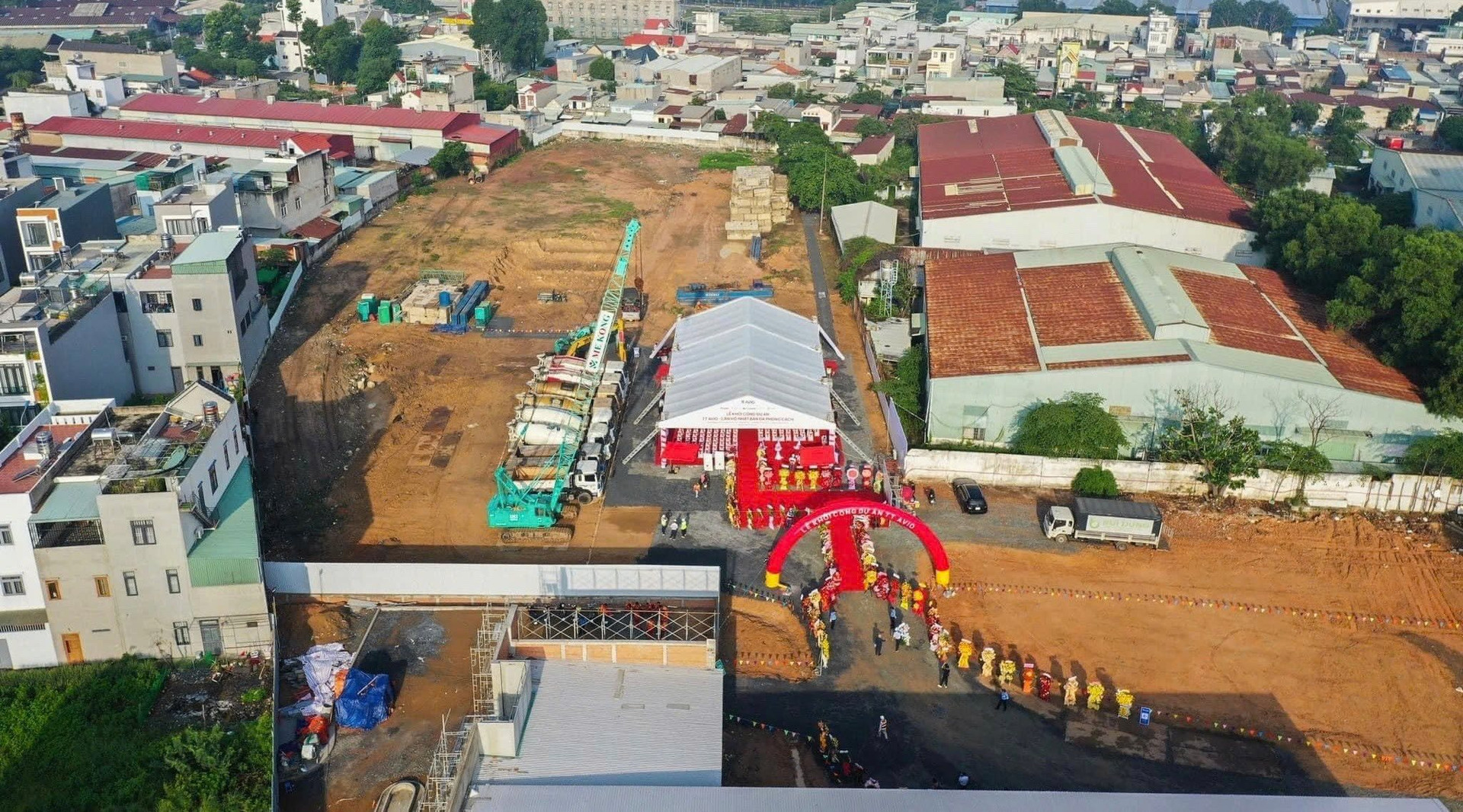High Expectations for Partner Companies
Japanese businesses invest in Vietnamese real estate in various ways: directly as investors, in joint ventures with domestic enterprises, or as shareholders. Among the sectors that Japanese companies pour capital into, real estate accounts for a significant portion.
When “joining hands” with Vietnamese enterprises, Japanese companies tend to be very “calculating.” They set high standards for their Vietnamese partners regarding project legality, company capabilities, transparent governance, and tight capital control.
On the other hand, Vietnamese companies are quite interested in Japanese capital and collaboration as the projects will be upgraded by adhering to Japanese standards.

Mr. Keisuke Muraoka, Director of Housing Operations at Cosmos Initia International Business Branch (a member of Daiwa House Group) – a company with over 50 years of experience developing high-end real estate projects globally, currently in a joint venture with TT Capital Joint Stock Company and Koterasu Group to develop the TT AVIO apartment project in the center of Di An City (Binh Duong), shared that their company is very meticulous in choosing investment partners. Usually, before collaborating, both sides take enough time to assess trustworthiness.
He gave an example of spending five years getting to know their Vietnamese partner before deciding to invest in a project in Binh Duong. Initially, the company had to establish a team specializing in researching the Vietnamese market, exploring various sources and projects, and dedicating significant time and resources to understanding the partner and the project. It took about four years for the two sides to decide on the investment and get to know each other before proceeding with other steps.
In addition to land funds with clean legal status, the company highly values the capabilities and experience of the leaders of the cooperating Vietnamese enterprises. It is not necessary for the company to have worked on numerous projects in the market, but it should have rich experience in managing, operating, and developing real estate projects and achieving specific accomplishments.
“We highly value the quality criteria of the project. When participating in a joint venture, we not only invest financially but also get directly involved in the entire construction and design process. All solutions and ideas are meticulously considered. Therefore, not only the joint venture partner but also the general contractor must be carefully selected as they directly affect the project’s quality,” emphasized Mr. Keisuke Muraoka.
Mr. Nguyen Dinh Truong, CEO of the Japanese joint venture, affirmed that “slow and steady” best describes Japanese investors when pouring capital into Vietnamese real estate. After working with Japanese enterprises, it is evident that they meticulously examine project standards, which can be described as “difficult” because of their attention to detail in every step. Mr. Truong admitted that collaborating on investment projects with Japan is quite pressured. Since everything must be precise, the company has to continuously upgrade and improve itself to keep up with the partner in the long run.
Careful Selection of Investment Segments
From the perspective of a veteran consultant and connector for Japanese businesses entering the Vietnamese real estate market, Mr. Than Thanh Vu, Chairman of the Vietnam Tourism Property Association (VnTPA), shared that Japanese companies favor segments such as industrial real estate (industrial parks, factories, and warehouses) and retail spaces.
In the last decade, Japanese companies have shown a growing interest in residential properties in major cities and second-tier cities due to the rising demand for homeownership in Vietnam and improving incomes. Meanwhile, segments like hotels, resorts, and office rentals are less attractive to Japanese investors because of their high risks, slow capital recovery, and complex procedures.
Mr. Vu also observed that Japan has a significant advantage when investing in Vietnam. First, Japan has a more advanced level of development, having been ahead of Vietnam for decades, even centuries. Second, borrowing costs in Japan are very low due to the super-low-interest rates maintained over the decades.
Currently, Japanese companies have established a presence and participated in various segments of the Vietnamese market, with increasing investment volume and scale. Some notable Japanese names that have made their mark with real estate projects in Vietnam include Cosmos Initia, Hankyu Hanshin Properties, Nishi Nippon Railroad, Sumitomo Forestry Group, and Kumagai Gumi…

In the last decade, Japanese companies have shown a growing interest in residential properties in major cities and second-tier cities in Vietnam.
Recently, when asking a representative of Cosmos Initia about their thoughts on the opportunities in the Vietnamese apartment segment for Japanese investment, they analyzed that Ho Chi Minh City in Vietnam has a population of over ten million. However, the cumulative supply of various housing types is only about 300,000 units.
In the past 2-3 years, the supply has been around 10,000 units per year. In contrast, Tokyo, Japan, with a population of 14 million, has a cumulative supply of 2,000,000 units. This comparison highlights the severe shortage of housing supply in Ho Chi Minh City.
“At this stage, we prioritize investing in mid-range apartment segments in Vietnam, targeting actual housing needs. Even in Japan, we focus on this segment, and it has been very effective,” shared the Cosmos representative.
According to Japanese investors, the most attractive factor of the Vietnamese real estate market is its growth potential. The market has a lot of untapped potential in terms of young demographics, income levels, and resources. This foundation makes it an attractive proposition for Japanese businesses to collaborate.
Currently, some major Japanese companies are still diligently searching for partners and land funds to invest in. The affordable housing segment remains a priority in their investment portfolios.















